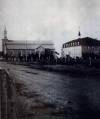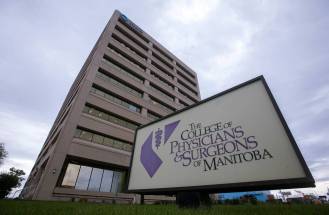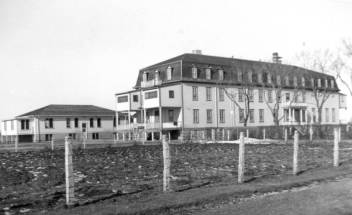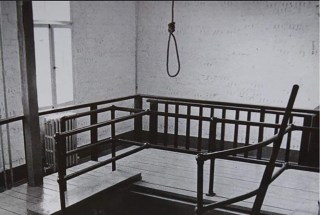Priest charged with sex assault from incident at residential school decades ago
Read this article for free:
or
Already have an account? Log in here »
To continue reading, please subscribe:
Monthly Digital Subscription
$0 for the first 4 weeks*
- Enjoy unlimited reading on winnipegfreepress.com
- Read the E-Edition, our digital replica newspaper
- Access News Break, our award-winning app
- Play interactive puzzles
*No charge for 4 weeks then price increases to the regular rate of $19.00 plus GST every four weeks. Offer available to new and qualified returning subscribers only. Cancel any time.
Monthly Digital Subscription
$4.75/week*
- Enjoy unlimited reading on winnipegfreepress.com
- Read the E-Edition, our digital replica newspaper
- Access News Break, our award-winning app
- Play interactive puzzles
*Billed as $19 plus GST every four weeks. Cancel any time.
To continue reading, please subscribe:
Add Free Press access to your Brandon Sun subscription for only an additional
$1 for the first 4 weeks*
*Your next subscription payment will increase by $1.00 and you will be charged $16.99 plus GST for four weeks. After four weeks, your payment will increase to $23.99 plus GST every four weeks.
Read unlimited articles for free today:
or
Already have an account? Log in here »
Hey there, time traveller!
This article was published 17/06/2022 (1269 days ago), so information in it may no longer be current.
In a historic moment in the quest for justice and reconciliation in Manitoba, prosecutors have charged a 92-year-old retired residential school priest with sexually assaulting a child more than a half-century ago.
It is the first time a residential school abuse-related charge has been laid in the province, an RCMP spokesman told a news conference Friday morning.
Arthur Massé is accused of an indecent assault on a 10-year-old girl between 1968 and 1970 at Fort Alexander Indian Residential School on Sagkeeng First Nation territory, about 125 kilometres northeast of Winnipeg. The school closed in 1970.
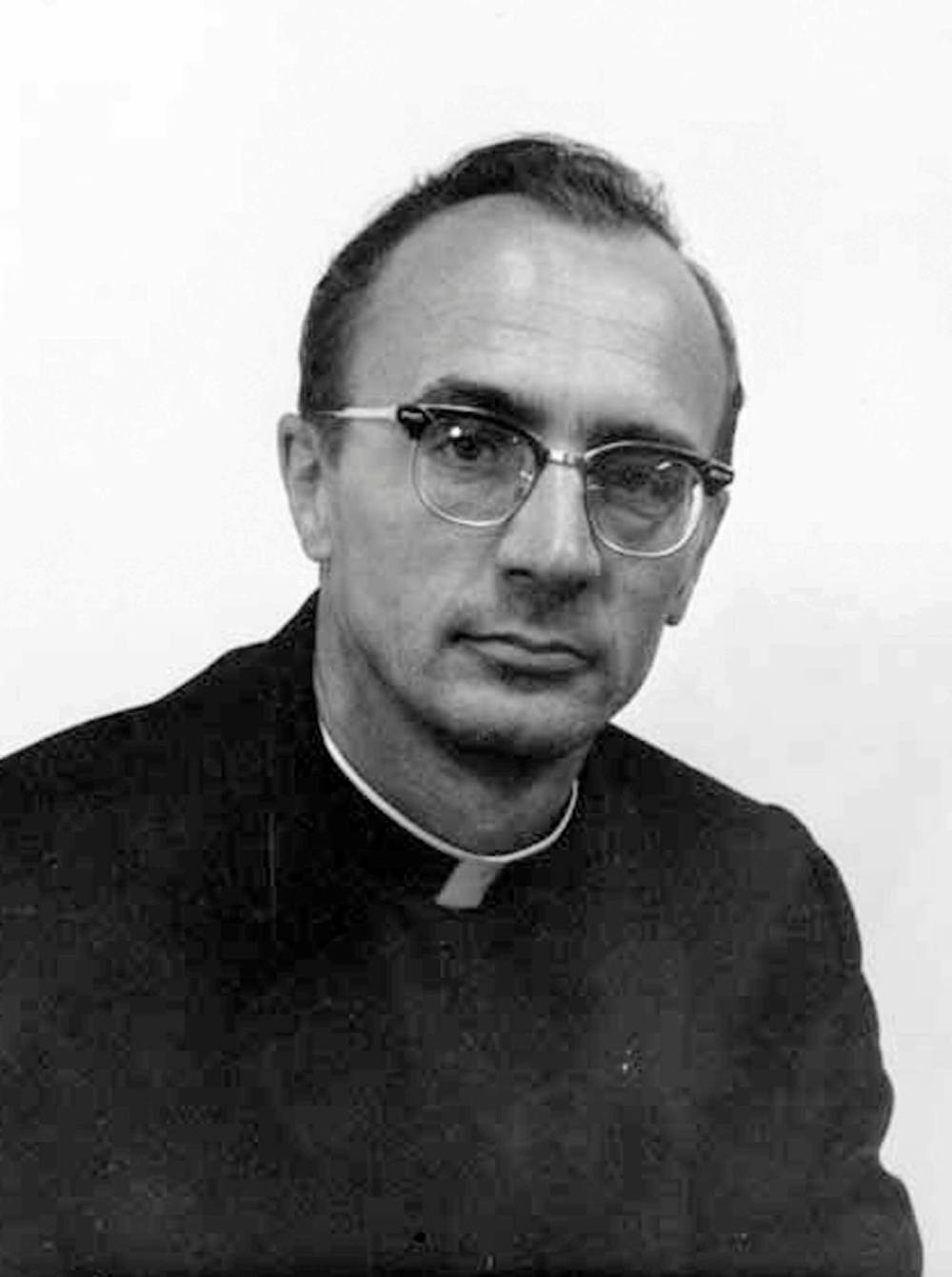
The police trail leading to Thursday’s arrest at Massé’s Winnipeg home began in 2011 and involved 80 investigators who had contact with more than 700 people and recorded 75 witness and victim statements, RCMP spokesman Sgt. Paul Manaigre said.
Massé will make a court appearance in Powerview, near the First Nation, on July 20. Court records, including any prior convictions and the conditions of his release, were unavailable Friday.
“Today, it’s for the victim,” Manaigre told reporters. “She needs to be heard, she’s been strong… we’re working on her behalf. We’re hoping her story’s going to come out and she’s going to get the justice that she’s asking for.
“We work hard regardless — you can imagine, 10 years, going through archival documents, is a massive undertaking…. We would wish we could speak for more victims, but in the end, we’re working for the victims, whether or not they want to participate; we leave that decision with them, because this is a traumatizing experience. Some of them don’t want to relive it.”
The former Catholic priest was charged with indecent assault based on what was in the Criminal Code at the time. The laws changed in 1983 when rape, attempted rape and indecent assault were removed and replaced with three levels of sexual assault offences.
The wide-reaching investigation began in 2011, approximately a year after RCMP received allegations of sexual abuse at the school.
Part of the process involved RCMP major crimes unit members travelling to Ottawa to search archival materials and collect thousands of documents that included lists of student and employees.
RCMP sent the investigative file to the provincial prosecutions branch Crown for review about 2 1/2 years ago.
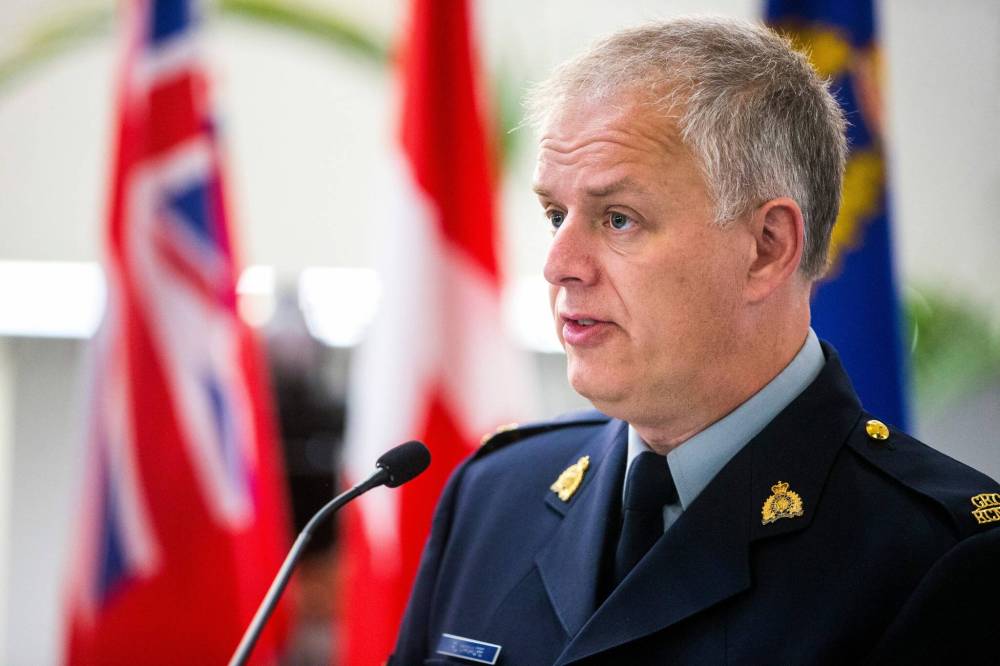
Based on the evidence gathered, Manaigre said there likely could have been more charges laid.
“The question may be asked: why — with all this work — was there one charge laid and not many?” he said.
“Unfortunately, due to the passage of time, many of the victims are not able to participate in the investigation, whether that be for mental- or physical-health reasons, or because the victim is now deceased.”
While this particular file is closed, it’s possible other victims could step forward with allegations that would trigger additional criminal investigations, he said.
The arrest of the priest has set a precedent, Sagkeeng Chief Derrick Henderson said.
“Our people, our Indigenous people, not only the ones from Sagkeeng but all residential schools, have been telling the stories of what they were faced with when attending residential schools,” he said, adding he remembers Massé attending community hockey games at the time.
“This is one of the results of people telling their story — people actually believe them now.”
The investigation is not about the number of people charged, Henderson said.
“But the victim, it will close that chapter in their life,” he said.
The arrest will re-traumatize abuse survivors, he said, but the First Nation is working with its health professionals and crisis workers to ensure victims have somewhere to go or someone to speak with. Leadership has also reached out to the Southern Chiefs’ Organization to get help from its crisis team, if needed.
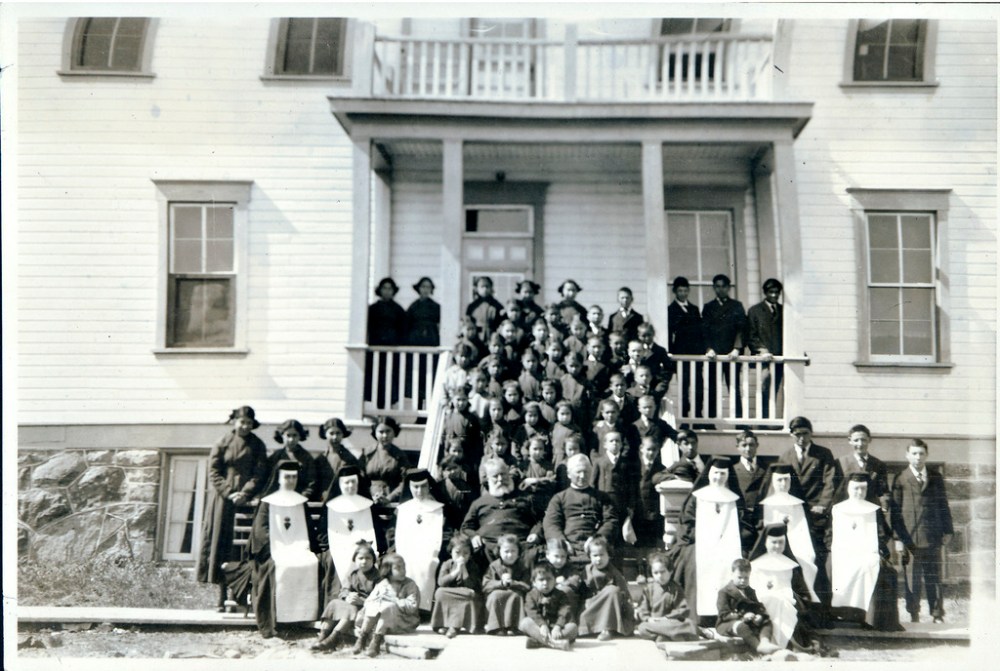
“We have a long road ahead of us in recovery, but we’re resilient, we’ve been here for thousands of years. We’ve had to face many obstacles in our community, and we face them and we deal with them and we move forward,” Henderson said.
Southern Chiefs’ Organization Grand Chief Jerry Daniels said his prayers are with the victim and her family.
“This proves that when proper and thorough investigations are done by law enforcement, justice can be served,” Daniels said in a statement.
Melvin Swan is from Dog Creek 46, a reserve near the narrows of Lake Manitoba, and a survivor of both Lake Manitoba Day School — where he said he was sexually abused — and McKay Residential School in Dauphin.
“Finally, somebody’s held accountable, it’s come full circle, but (this is) the first time I’ve ever heard of somebody getting charged… and there’s many, many other abuses that never come to fruition,” Swan, 63, told the Free Press.
“It’s a step forward. My people are messed up because of all this abuse, generations to other generations, and it’s the first time we put a face to the charges.”
Swan said he hopes Massé’s arrest means that other people responsible for abuses at residential schools are held accountable.
Société historique de Saint-Boniface archives show Massé was born in 1929 in Ferland, Sask. His first post as a priest was in Fort Frances, Ont., where he worked until 1957. After working in a number of other missions over 13 years, including Fort Alexander, the priest returned to Fort Frances in 1970, where he oversaw the residential school there until it closed. He worked as a missionary in the northwestern Ontario community until 1981.
The Fort Alexander school, which opened in 1905, was run by the Missionary Oblates of Mary Immaculate, a Catholic religious order Massé was a member of.
Massé was employed by the school, but Manaigre could not say whether he was a teacher.
Archbishop Albert LeGatt of the Roman Catholic Archdiocese of Saint-Boniface would not comment on the charge; a press release issued by the archdiocese noted it did not operate the school and would not comment directly on the case.
The release said the archdiocese stands in solidarity with all victims, particularly those who suffered at schools run by members of the church.
The archdiocese has a parish at Sagkeeng First Nation and plans to reach out to the community.
“We wish to express our shame and sorrow,” the release said. “We wish to listen, to ask for forgiveness and to learn how the people of Sagkeeng might allow us to be part of their healing and reconciliation.”
The Fort Alexander school had a reputation for severe abuse. Survivors told the Truth and Reconciliation Commission about starvation, sexual abuse and harsh discipline. Children from nearly two dozen First Nations attended the school for about 10 months of the year.
Sagkeeng First Nation discovered 190 anomalies in 2021 during a ground-penetrating radar search near the site where the school was located. Initial data shows the irregularities fit some of the criteria for graves, but the community leadership has said more information is needed.
— With files from the Canadian Press
erik.pindera@freepress.mb.ca
Twitter: @erik_pindera

Erik Pindera reports for the city desk, with a particular focus on crime and justice.
Our newsroom depends on a growing audience of readers to power our journalism. If you are not a paid reader, please consider becoming a subscriber.
Our newsroom depends on its audience of readers to power our journalism. Thank you for your support.

